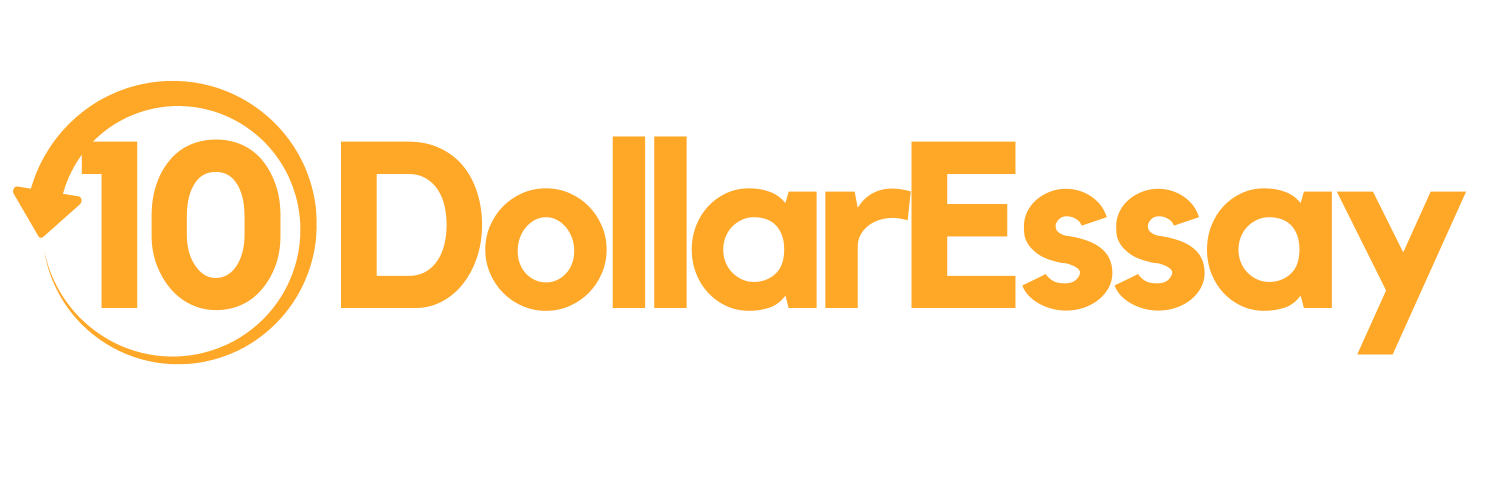The assignment aims at providing an opportunity to pick up and investigate atopic that has been raised and/or discussed during the course. Choose somethingthat interests you, and where you would like to know more and get a chance tochallenge and elaborate your own thinking! You may find inspiration from theextended literature list, from discussions in seminars and lectures, as well asfrom current debates in media and elsewhere. Once you have chosen your topicor issue, your specific task is to:a) develop a research question that helps you to investigate some particularaspect of the specific phenomena/issue of interest,b) do a literature review within the particular research field that helps you toframe and position your work theoretically and give you tools to analyse yourempirical findings.c) design and conduct a doable ( i.e. limited) empirical study that answers toyour research question, andd) write a report in the form of a complete scholarly paper that conforms to thefollowing standards:1. Addresses a research problem that is interesting and relevant from atheoretical and practical viewpoint.2. Contains a well-formulated and convincing argumentation that leads to theproblem.3. Presents a clear aim that is related to the problem statement.4. Contains a review that covers relevant scientific research and a clearconclusion of the literature review (e.g. a summary, model, framework ofhypothesis).5. Contains an empirical study, including independent and relevant datacollection.6. Contains a reflective and convincing analysis of the empirical material that isclearly related to the theoretical framework.7. Draws relevant and credible conclusions on the basis of the findings.8. Shows the correct use of references and list these in accordance with theHarvard system.9. Is logically structured and written in proper English.One important thing to note:While you are free to choose your topic of interest, you need to be able to relatethis to the course literature. This means that you dont need to take the directperspective of the given literature, but you need to engage with the courseliterature in some way.However, you also need to move beyond the course literature, to find relevantand interesting research articles and books that directly speak to your interestsand chosen research question. You thus need to independently search forliterature and previous studies on your topic, and to search for data (primaryand/or secondary) for your empirical study. The paper should conform to thestandard requirements of academic writing, including correct references to theliterature and to other sources of information, a clear structure, and a coherentargument, and not least! make a contribution to knowledge.The final individual course paper should cover approx. 8-9 pages (excluding thecover page, the reference list and attachments such as questionnaires), 1.5spaced, Times New Roman, 12 points.Course ReadingsLecture 1: Governance, Organisation and Standards An IntroductionAhrne, G. and N. Brunsson (2005), Organizations and meta-organizations, Scandinavian Journal of Management 21, pp. 429-449.Ahrne, G. and N. Brunsson (2011), Organization outside organizations: the significance of partial organization, Organization 18(1), pp. 83-104.Brunsson, N., Rasche, A., and D. Seidl (2012), The Dynamics of Standardization: Three perspectives on Standards in Organization Studies, Organization Studies 33(5-6), pp. 613-632.Djelic, M-L and K. Sahlin-Andersson (2006), Introduction: A World of Governance: Therise of transnational regulation, in M. L. Djelic and K. Sahlin-Andersson (eds.),Transnational Governance. Institutional Dynamics of Regulation. Cambridge: Cambridge University Press, pp. 1-28.Sahlin-Andersson, K. (2006), Corporate Social Responsibility: a trend and a movement but of what and for what? Corporate Governance vol. 6, pp. 595-608..Lecture 2: Measuring sustainabilityGraeber, D., (2012). Dead zones of the imagination. On violence, bureaucracy, andinterpretive labor. Hau: Journal of Etnographic Theory 2(2), pp. 105-128.Power, M., 2004, Counting, control and calculation: Reflections on measuring andmanagement. Human Relations, vol. 57, no. 6, 765-783.Schwartz, J., Beloff, B., and Beaver, E., (2002). Use Sustainability Metrics to GuideDecision-Making. (Downloadable by http://people.clarkson.edu/~wwilcox/Design/sustain.pdf).Lecture 3: Medialization and sustainabilityHjarvard, S. (2008). The Mediatization of Society: A Theory of the Media as Agents of Social and Cultural Change. Nordicom Review, 29(2), 105-134.Pallas, J., Fredriksson, M., and Wedlin, L., Translating institutional logics: when the media logic meets professions, work in progress.Schultz, F., Suddaby, R., and Cornelissen JP. (2014). The role of business media inconstructing rational myths of organizations. In J. Pallas, S. Jonsson & L. Strannegård (Eds.),Organizations and the Media: Organizing in a Mediatized World (pp. 13-32). London:Routledge.Lecture 4: Social Movements and SustainabilityAhrne, G., & Brunsson, N., (2011), Organization outside organizations: The significance of partial organization. Organization, 18(1), pp. 83104.Benford, Robert D., and David A. Snow. “Framing processes and social movements: An overview and assessment”. Annual review of sociology (2000): 611-639.Power, Michael. “The audit societySecond thoughts. International Journal of Auditing 4.1 (2000), pp. 111-119.Wijkström, F. 2004. Changing focus or changing role? The Swedish nonprofit sector in the new millennium, Strategy Mix for Nonprofit Organisations, pp. 15-40: Springer.Lecture 5: Public procurement as a political tool for sustainabilityAmann, M., Roerich, J. K., E?ig, M. And C. Harland (2014), Driving sustainable supplychain management in the public sector. The importance of public procurement in theEuropean Union, Supply Chain Management. An International Journal. 19/3, pp. 351-366.Lecture 7: Concluding LecturePrevious readings for the GOS-course.Grolin, J., (1998), Corporate Legitimacy in Risk Society: the case of Brent Spar, BusinessStrategy and the Environment 7, pp. 213-222.The Effect of Shareholder Involvement in Corporate Governance and EnvironmentalSustainabilityNameInstitution AbstractIt is needful to understand that corporate governance is often considered as…
Topic that interests you
Get your custom paper done at low prices
275 words/page
Double spacing
Free formatting (APA, MLA, Chicago, Harvard and others)
12 point Arial/Times New Roman font
Free title page
Free bibliography & reference
TESTIMONIALS
What Students Are Saying
Outstanding, thank you very much.
Awesome. Will definitely use the service again.
